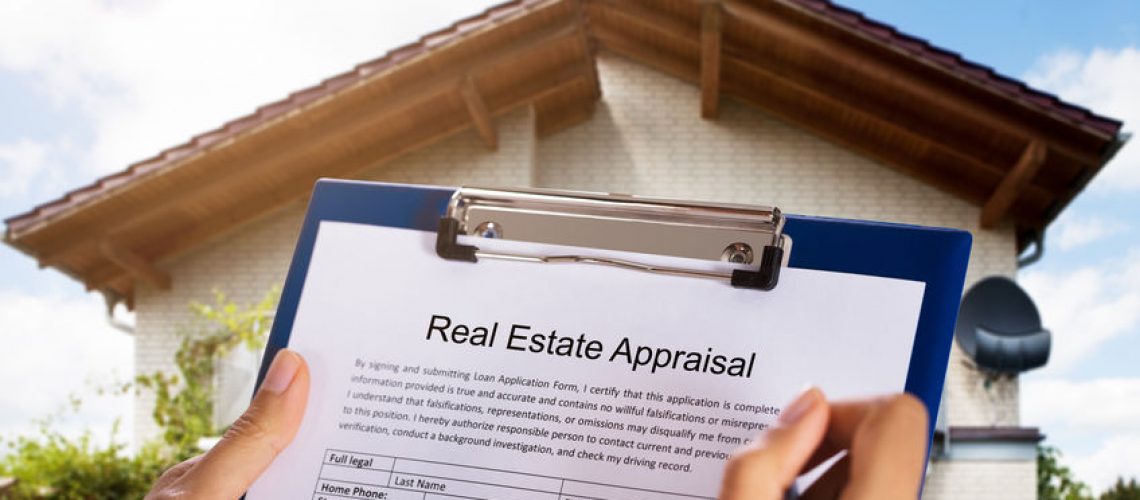Hey, Buyers: These Home Appraisal Tips Are for You

A Home Appraiser Is Neutral (Like Switzerland)
- Location
- Age
- Condition
- Additions or renovations
- Recent sales of comparable homes
Be Prepared to Pay for the Appraisal or to Negotiate
Appraisals Take a While, So Be Patient
So, You Have a Valuation. Here’s What It Means — and What to Do Next
- If the appraiser’s valuation matches the price you and the seller agreed to for the home: Your lender will proceed to underwrite your loan. Great news: This is the final step in your loan-getting process!
- If the appraiser’s valuation is higher than what you’re paying for the home: Congratulations! You’ve gained immediate equity. How, you ask? Let’s say, for example, you’re paying $200,000 for the house. If the appraiser says it’s worth $250,000 — jackpot. That’s an instant $50,000 in equity. (Keep in mind, this is very rare.)
- If the appraisal is lower than what you’ve agreed to pay for the home: Your lender won’t give you a loan for more than the appraised value. If you and the seller agreed on $200,000, for example, but the appraisal is $190,000, that creates a $10,000 shortfall. So what happens next?
If an Appraisal Is Low, You Can Still Make It Work
- The seller overvalued the price of the home.
- The appraiser isn’t familiar with the neighborhood.
- The appraiser overlooked pending sales data.
- The appraiser had trouble finding comparable homes, or missed comparable homes, so they compared your home with properties outside the neighborhood.
- Home prices in the area are changing so fast that the listing agent’s price no longer reflects the market.
- The appraiser rushed the job.
You can also appeal the appraisal assessment.
- You’ll have to pay for it out of pocket (or persuade the seller to foot the bill).
- You’re more likely able to challenge an appraisal for a conventional loan than a government loan. And you’d need solid facts to back it up in either case.
- There’s no guarantee that it will be higher and meet the sales price.
Blog Provided By: HouseLogic
SHARE ON SOCIAL
Hey, Buyers: These Home Appraisal Tips Are for You

American Lifestyle Magazine
Photo by Lydia Torrey
Time
The first step before deciding to purchase or adopt a new pet is to ask yourself if your current lifestyle allows you time to walk, exercise, and otherwise care for this new responsibility. Young animals, especially, require an extended amount of time for feeding and training.
Care
Window shop for a veterinarian near you and make sure that he or she is the right fit. Treat the search the same way you would for your own doctor to make sure that when the time comes they can deliver the level of care your new friend deserves.
Safety
A new pet is kind of like a new baby, you’ll need to make sure your home is free and clear of any objects that could hurt them or, more important, that they can accidentally consume. Take the necessary steps to pet-proof areas you don’t want them to explore.
Selection
If you have children or other pets, do some research on what the best family friendly breeds are. It’s also important to think of the size of your space in comparison to the size of your pet and the amount of room they need to feel comfortable.










